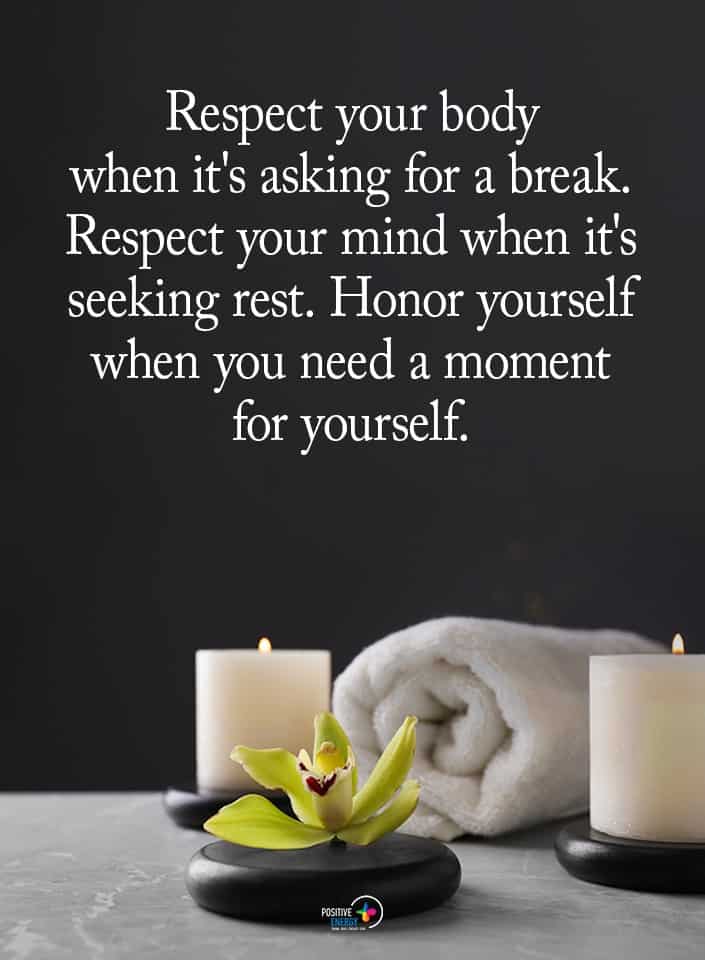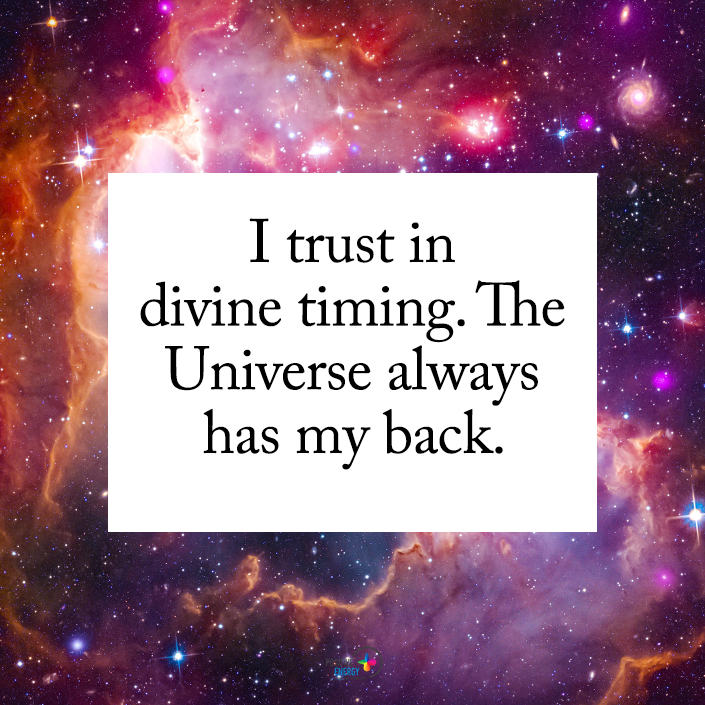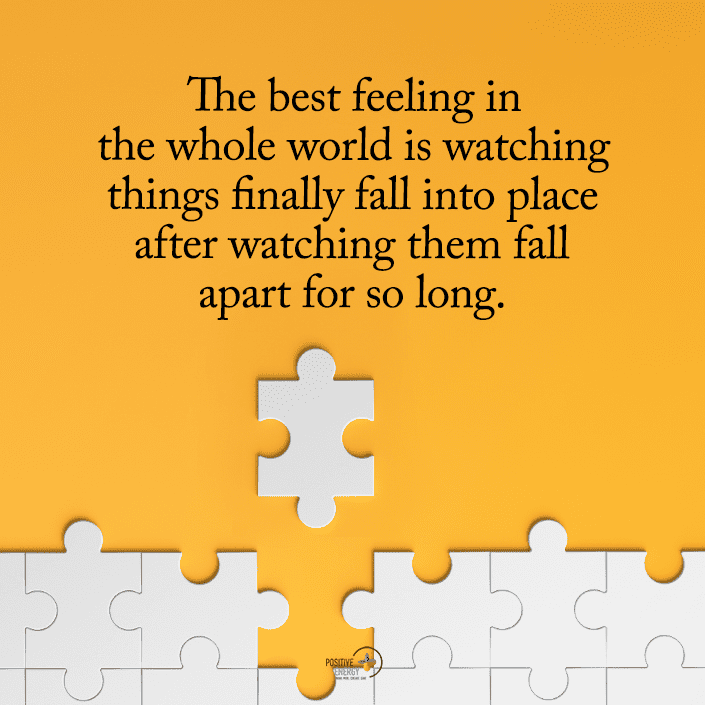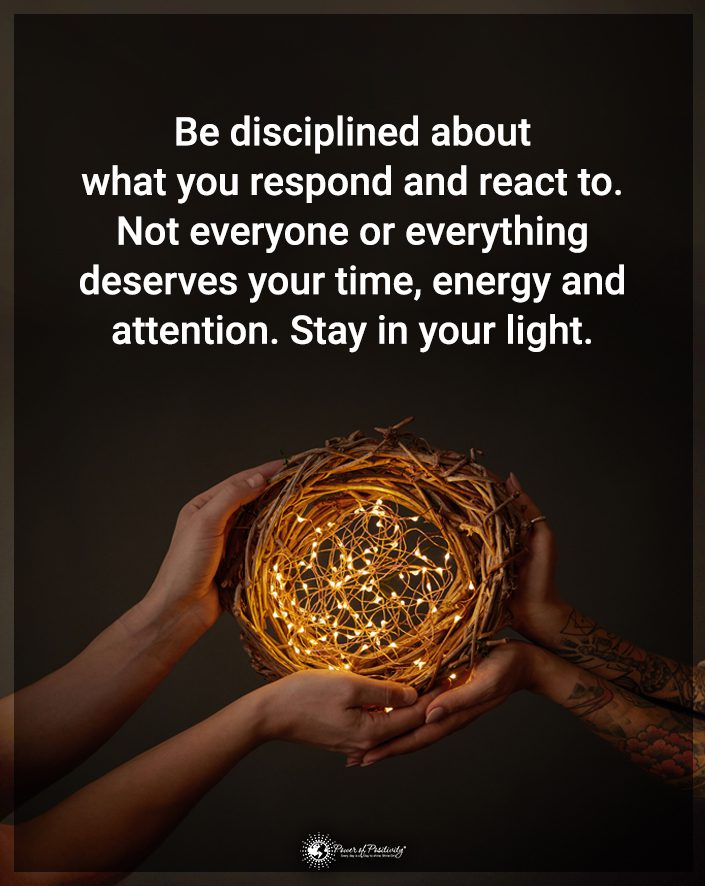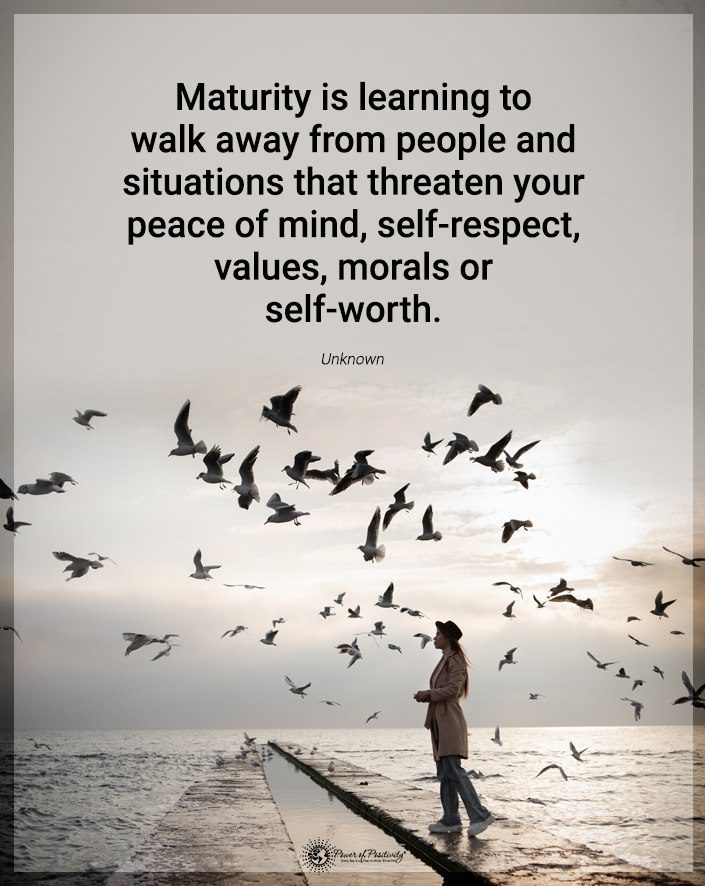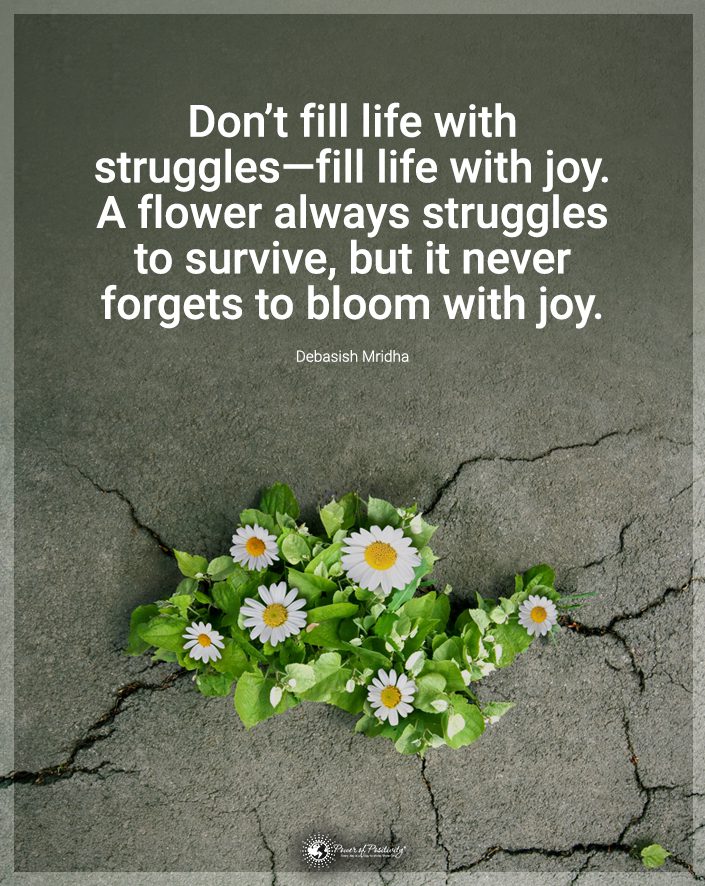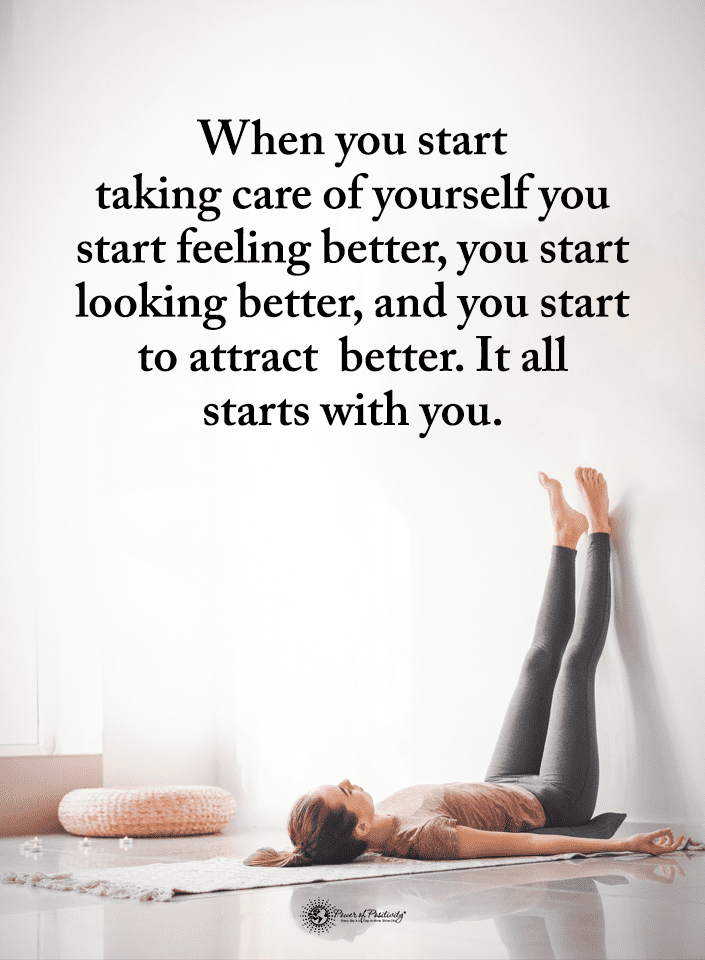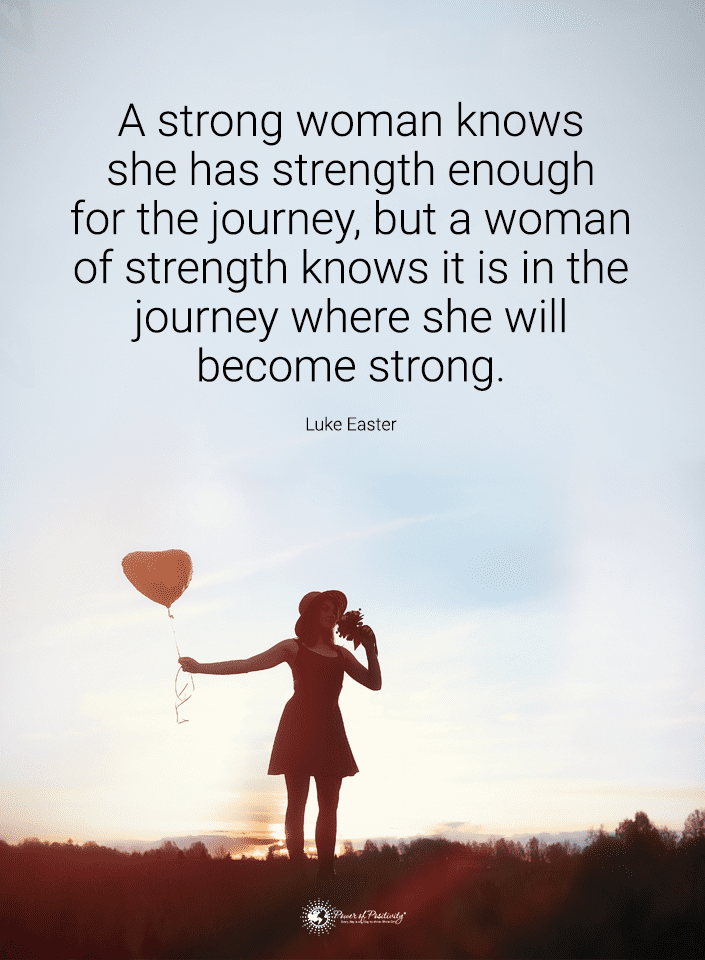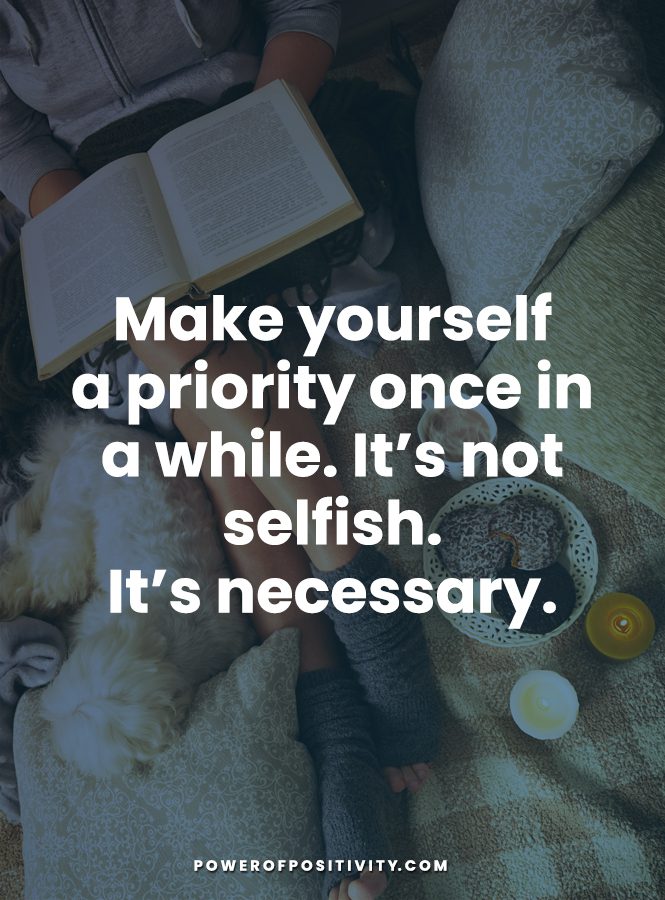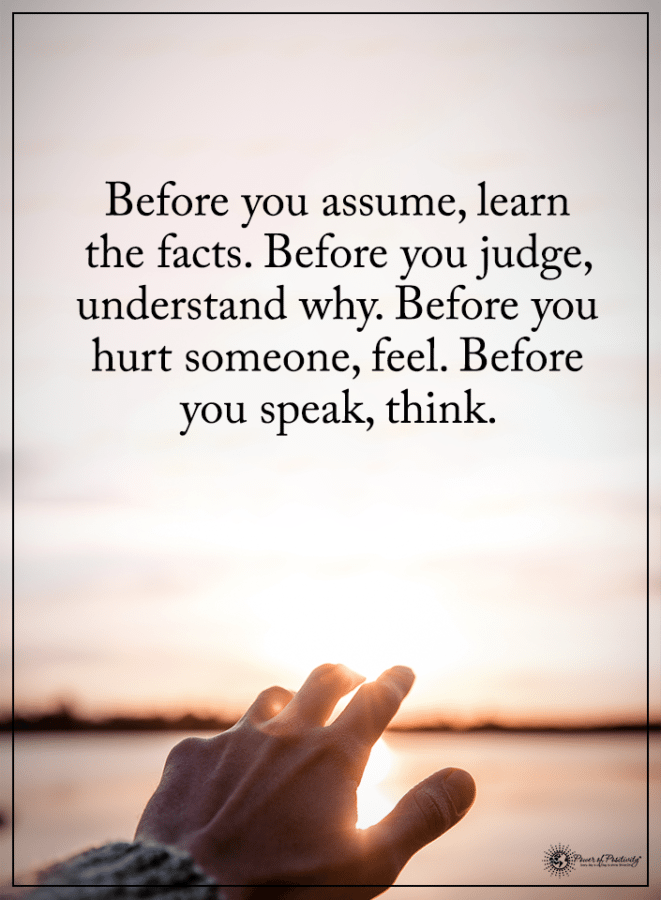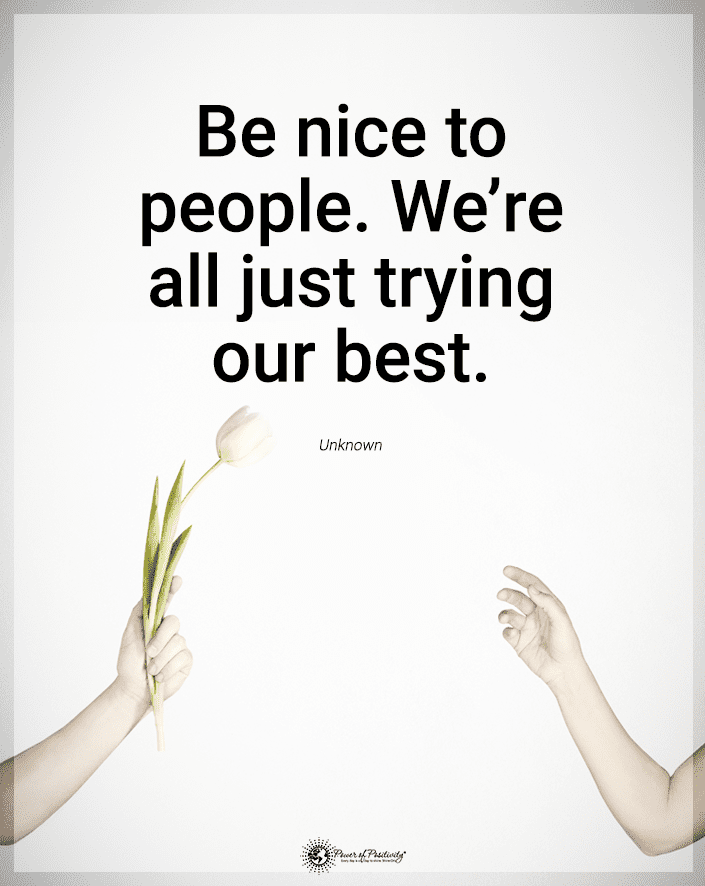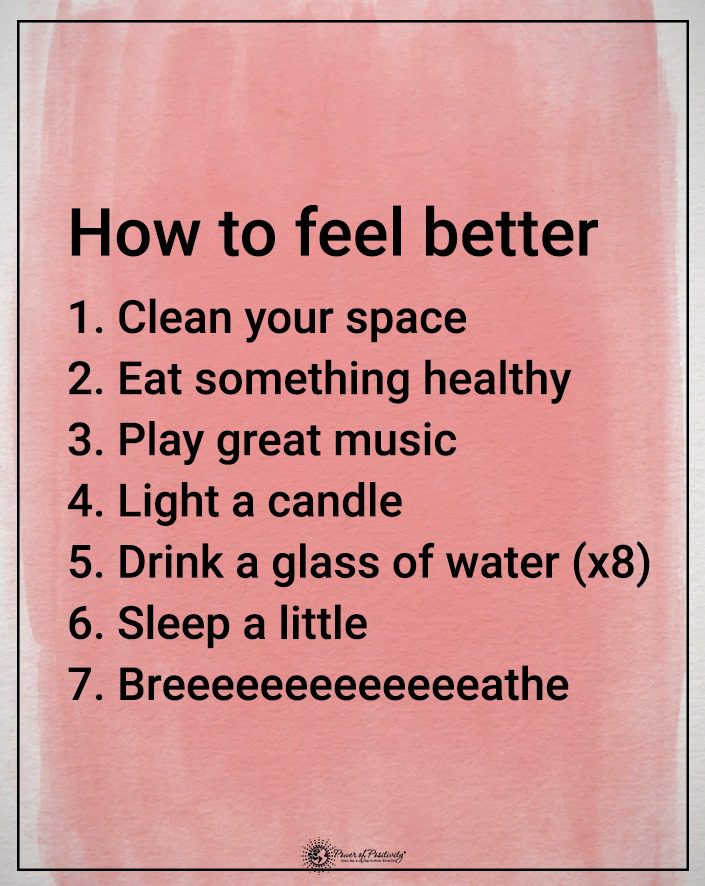Sweaty feet can be caused for several reasons, including hyperhidrosis, fungal infections, stress and anxiety, and poor footwear. Other causes include certain medications and hormonal changes. If you have foot odor regularly, you can take steps to prevent it by practicing good hygiene and wearing the proper shoes. Improving foot health will help you feel better and less self-conscious. Understanding the causes of sweaty feet can lead to effective solutions, improving comfort and preventing associated health issues.
Six Primary Causes of Sweaty Feet
If you have any of these symptoms, you may want to consider seeing a doctor for treatment for sweaty feet.
#1: Hyperhidrosis
Hyperhidrosis, or excessive sweating, usually occurs due to an overactive nervous system or genetic factors. This medical condition affects not only the feet, but the hands, underarms, and even the face sometimes. People who suffer from excessive sweating may feel embarrassed in social settings, mainly if the sweat soaks through their clothing. However, many succeed with proper treatments. If you have sweaty feet due to this condition, make sure to see a doctor to formulate a proper treatment plan.
#2: Fungal Infections and Sweaty Feet
Fungal infections such as athlete’s foot may also lead to sweaty feet, usually due to wearing tight-fitting shoes or using showers at gyms or swimming pools. You can also get this condition if you share socks or towels with someone with a fungal infection. Many people experience a stinging, burning rash on their feet or between their toes, a foul odor, or cracked skin. It’s estimated that around 70% of people will have this condition throughout their lives. You can manage it with over-the-counter antifungal creams or ointments and keep your feet dry and cool.
#3: Stress and Anxiety May Lead to Sweaty Feet
Stress and anxiety can also cause sweaty feet, activating the fight-or-flight response. When you have increased cortisol levels, your body senses an immediate danger and begins to sweat more to keep you cooler. While this works well in a survival situation, it doesn’t feel terrific when you’re in a workplace or social setting. If you experience emotional sweating regularly, try relaxation exercises such as deep breathing, yoga, or meditation to calm your nerves. This can also help prevent sweaty feet since your body will feel more relaxed.
#4: Poor Footwear Choices
You may experience sweaty feet due to improper ventilation if you have inadequate footwear. Tight-fitting shoes that don’t breathe well can contribute to smelly feet and make you uncomfortable. There’s a clear connection between shoes and sweat, so make sure you choose footwear that helps your feet breathe. Shoe materials like mesh, cotton, and polyester are great choices to enhance your foot health.
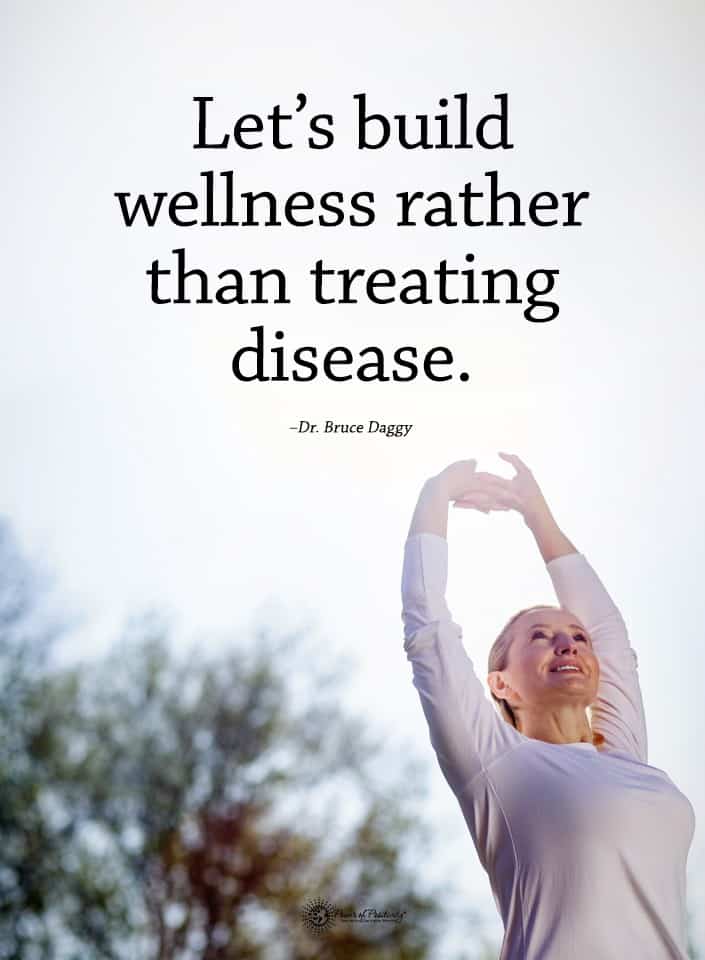
#5: Hormonal Changes
Hormonal changes such as those occurring during puberty and menopause can increase the likelihood of having sweaty feet. That’s because the body’s sweat glands become overactive during these stages of life. Some people only experience acne or sweaty armpits, while others also experience foot sweat. You can mitigate foot sweat by practicing good hygiene, such as using foot scrubs and washing with soap and water daily.
#6: Certain Medications
Some medications, such as antidepressants, NSAIDs, and antivirals, can lead to drug-induced sweating as a side effect. When the sweat glands become overactive, the acetylcholine neurotransmitter kicks into overdrive, leading to symptoms like sweaty feet. Discussing your symptoms with a healthcare provider about switching medications or lowering your dosage is worth discussing.
Prevention and Remedies for Sweaty Feet
If you want to prevent sweaty feet, it’s essential to practice proper hygiene, such as washing your feet each day. Also, consider using antiperspirant foot lotions or foot powder to minimize sweat and fungus buildup. In addition, you could use an alcohol wipe to reduce sweating and place baking soda in your shoes for added protection. Make sure to choose proper footwear that isn’t too tight and is made of breathable materials to prevent foot sweat.
In addition, you should practice mindfulness exercises to allow your nervous system to reset and relax. This way, your body and mind will be in balance and you won’t be in fight-or-flight mode as often. You can also talk with your doctor about certain medications and therapies to help you manage excessive sweating to improve your well-being.
When to Seek Medical Help for Sweaty Feet or Foot Odor
You may need to see a doctor for sweaty foot treatment if you feel self-conscious or unable to perform daily tasks. Some people deal with excessive sweat to the point their feet slip around in their shoes, making it difficult to walk correctly. Others have a whitish appearance to their feet and may deal with skin infections frequently. All of these symptoms are a cause for concern, especially if you’re also dealing with emotional or mental stress.
While only 3% of the population deals with hyperhidrosis, less than 40% seek medical attention. However, seeing a podiatrist if you have foot sweat is essential so they can prescribe a suitable treatment. They may suggest antiperspirants or oral prescription medicines to help get the sweating under control.

Final Thoughts on Overcoming Foot Odor and Sweaty Feet
Understanding the causes of sweaty feet is essential so you know how to address and treat it. The six primary causes of foot sweat include hyperhidrosis, fungal infections, stress and anxiety, poor shoe choices, hormonal changes, and certain medications. You shouldn’t overlook foot sweat as a mere inconvenience but approach it as manageable. Dealing with excessive foot sweat can be embarrassing and even debilitating, but you can manage it with proper treatment. You deserve to feel your best and get the help you need to lead a happy, everyday life. If you’re dealing with hyperhidrosis, make an appointment with a podiatrist who can offer a treatment plan.

